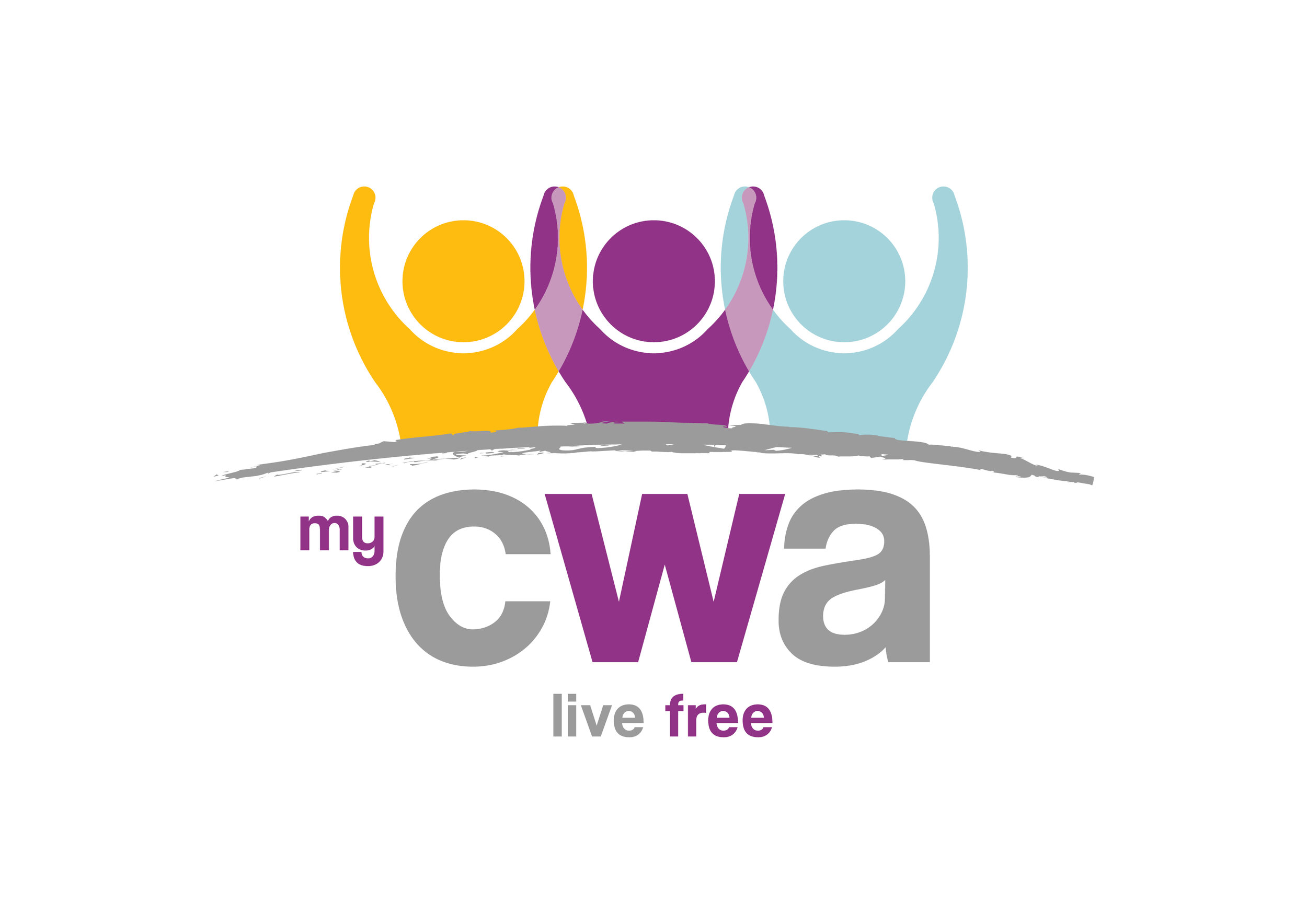helping a friend or relative
If someone you care about is being abused, it can be hard to know what to do to help.
Perhaps they haven’t even opened up to you yet, but you can see the warning signs and it’s clear they need some support. You might not know how to bring it up. What if they get all defensive and tell you to mind your own business?
Even if they have confided in you, chances are, they don’t you waltzing in and telling them what to do. Domestic abuse can be extremely complex.
Victims often need to take their time before they’re ready to leave. And this can be frustrating for concerned friends and family, who can sometimes feel like helpless bystanders.
Show them you care
It can be really hard for someone who’s in an abusive relationship to talk about it to other people. But it’s important that you try. Because opening up will feel as though a weight has been lifted if and when your friend is ready to talk. Here are a few things that can help:
Talk to them. You might have to try several times before they’re ready to confide in you. Be direct and say things like, “I’m worried about you because…” Reassure them that the abuse isn’t their fault and that you’re there for them.
Listen, without judgement. Tell them you believe them (and mean it!) It might be hard to hear – nobody wants to see their friends and family hurting. But they need to know you believe them.
Don’t tell them to leave or criticise them for staying. They are the only ones who can make the decision to leave, but this can take time. They need to know you’ll support them whatever they decide to do.
Help build their confidence. Abuse is hugely damaging to a victim’s self-esteem. Encourage them to do things outside of the relationship. Remind them they’re coping well. Believe in them. Support them.
Encourage them to talk to My CWA. We can help. We can talk through their options with them. We can help them put a safety plan together. We run drop-in sessions and support groups that they can attend.
Be patient. It can be excruciatingly difficult to see someone you love being hurt. But it can also take a long time for an abused person to recognise that they’re being abused. It can take even longer for them to reach the point where they’re ready to leave.
Reporting domestic abuse
If you see or hear domestic abuse happening – perhaps you’re a neighbour, friend, relative or work colleague – call 999 in an emergency and let the police handle it.
Don’t worry about the person being angry with you for calling. It could save their life.
If there’s no immediate danger but you’re concerned, you can call the police non-emergency number 101 or call the My CWA 24-hour domestic abuse helpline – 0300 123 5101 (or dial 01270 250390 if you’re calling from another area) – and we’ll try to help.
Visit our Are they being abused? and FAQs pages to find out more. If you need to talk to someone, please just contact us.
There’s a lot more information about how to help a friend or family member at Open the Door, a campaign designed to bring domestic abuse out into the open.

